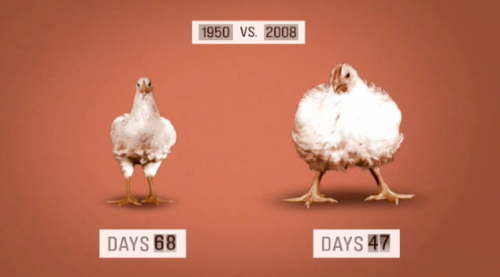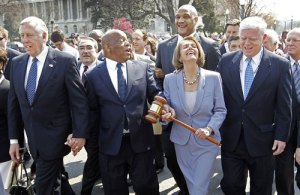
Great discussion Wednesday, which was never resolved really…ended on the question:
WHY DOES ANYONE POST INFORMATION TO WIKIPEDIA?
There was a divide between the “selfish gene” and the public good motivation. I’m not sure what model Wikipedia fits, but we do know: 1) there is no visible reward for posting, and 2) there is no way to ever know whether you literally made a difference. I don’t doubt the selfish gene is at play, but I do think it’s a weird, different, and new type of selfishness…one that may be better than ever.
Anyway, to be continued for sure.
WITHOUT FURTHER ADO, HERE IS THE PODCAST PRESENTATION ORDER (not listing topics, to build true suspense):
1. Christina Serednicki, Marissa Varade, Kerri Regan, Amanda Scaccianoce, Josh Krosnick
2. Megan Elder, Jon Hanford, Ellie Sharkey, Erica Moreland, Margrit Motola
3. Rory Mycek, Sean McDonnell, Lauren Schreck, Jilliam Decker
4. Sarah Radley, Matt Remis, Chris Mawson, Rich Illich, Shea Molloy, Janiece Holloway
5. Jeff Laurino, Nick Morgan, Andy Laslzo, Pat DeFrancisci, Leo Papadopoulos
————
Other updates:
1. Posted your final Case Study (due during the final block) under assignments
2. Monday, you’ll have the chance to upload final podcasts to Dropbox. Or, you’ll be shown how and then Wednesday we’ll start to hear your fantastic stories.
Have a great weekend.
Paul
ps: hopefully, as I promised before, we’ll have Twizzlers involved. Twizzlers are a top 5 candy, easily. I don’t think there is any debate on this.





















